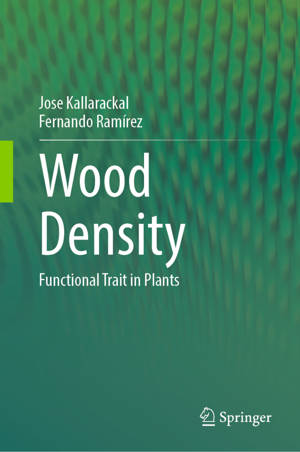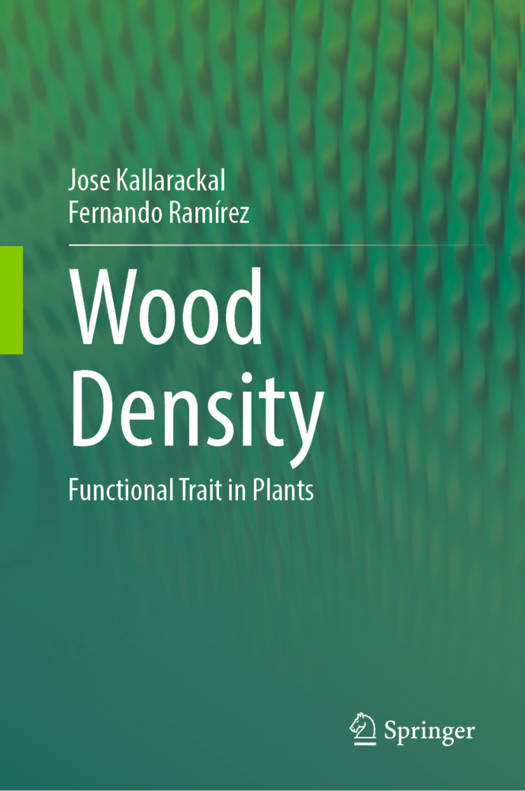
- Retrait gratuit dans votre magasin Club
- 7.000.000 titres dans notre catalogue
- Payer en toute sécurité
- Toujours un magasin près de chez vous
- Retrait gratuit dans votre magasin Club
- 7.000.0000 titres dans notre catalogue
- Payer en toute sécurité
- Toujours un magasin près de chez vous
Description
Recent research has shed light on the crucial role of wood density, a fundamental physical property, as a functional trait. This means wood density isn't just about how much a piece of wood weighs, but how it influences a plant's entire strategy for survival and growth. While variations exist between individual species, a surprising trend has emerged: the majority of this variation can be traced back to a plant's genus or even family. This strong phylogenetic signal indicates that wood density is a deeply ingrained characteristic, shaped by a plant's evolutionary history. This newfound understanding allows us to leverage wood density as a taxon-based functional trait. By considering the typical wood density of a plant group (like a genus or family), we can improve models and predictions related to various ecological and functional aspects in forests and plantations. Over the past couple of decades, scientists have been actively exploring the connections between wood density and a wide range of plant functions. Denser wood is often linked to slower growth rates, delayed reproduction, and increased mechanical strength. It also influences a plant's ability to transport water, resist death (mortality rate), and manage internal water balance (water potential). Additionally, wood density is closely tied to physiological aspects such as gas exchange and xylem hydraulic conductance, which are crucial for nutrient and water movement. Wood density is also an important parameter to determine the carbon sequestration capacity of a tree or vegetation, thus important in climate change research. This proposed book will delve into these fascinating connections, highlighting how wood density acts as a key player in shaping the lives of plants and the overall health of forest ecosystems.
Spécifications
Parties prenantes
- Auteur(s) :
- Editeur:
Contenu
- Nombre de pages :
- 96
- Langue:
- Anglais
Caractéristiques
- EAN:
- 9783031610295
- Date de parution :
- 23-06-24
- Format:
- Livre relié
- Format numérique:
- Genaaid
- Dimensions :
- 163 mm x 237 mm
- Poids :
- 335 g

Les avis
Nous publions uniquement les avis qui respectent les conditions requises. Consultez nos conditions pour les avis.






